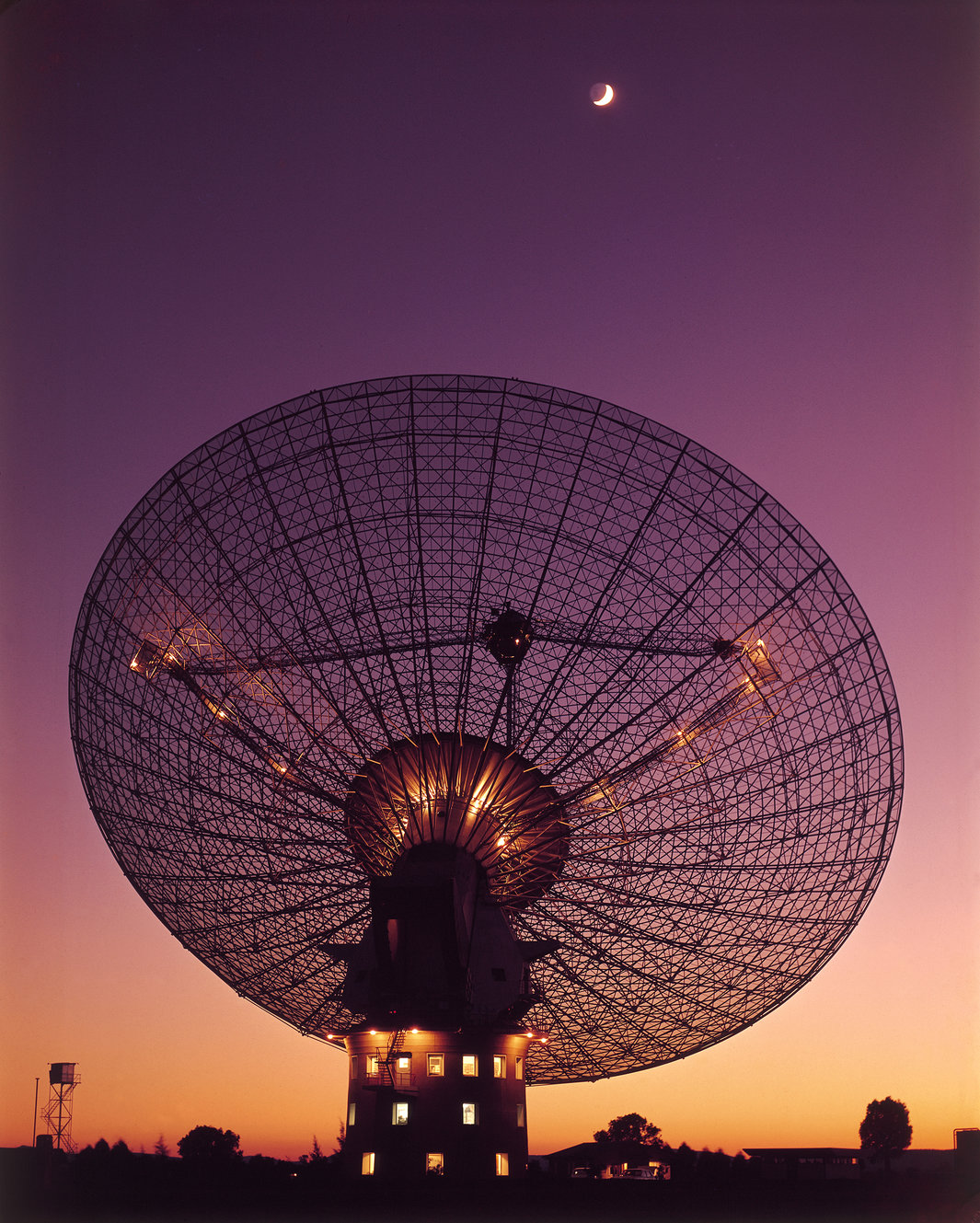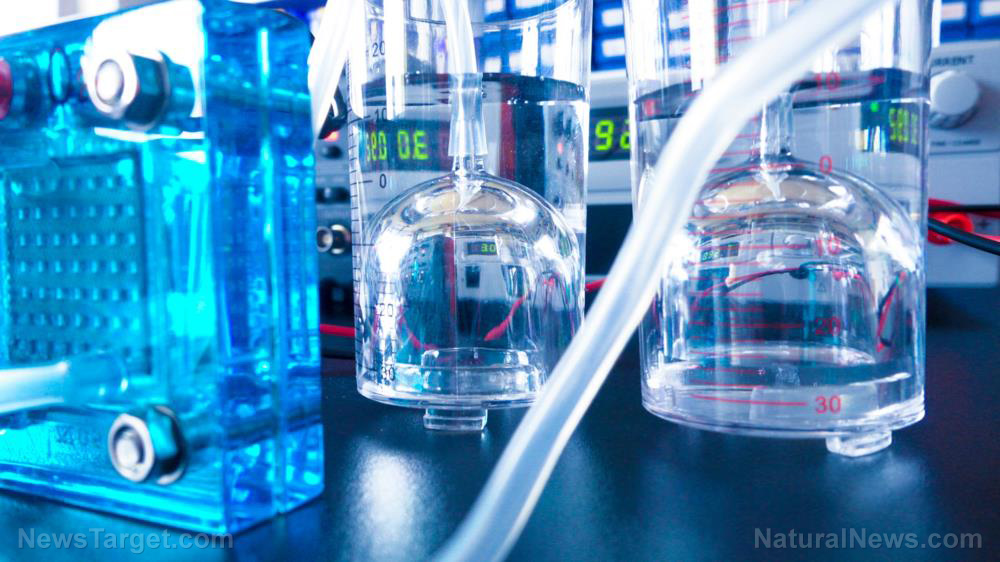
"A long space voyage conserving every drop of water might be crucial. A connection between salt intake and drinking could affect your calculations – you wouldn’t want an interplanetary traveler to die because he liked an occasional pinch of salt on his food. The real interest in the simulation, however, was that it provided an environment in which every aspect of a person’s nutrition, water consumption and salt intake could be controlled and measured,” the researchers said in an article in GlobalNews.ca.
The study found that higher salt intake resulted in increased salt content in the urine. The researchers also noted an increase in urine volume in participants. However, the increase was not due in part to higher water intake. According to researchers, high salt diet caused the participants to drink less. The study also revealed that salt appeared to trigger a mechanism in the kidneys that promote water retention.
It has been previously believed that charged sodium and chloride ions bind into water molecules and flush them out through urination. However, the study showed that salts were retained in the urine, while the water moved back into the body's system. (Related: Be on the lookout with the latest scientific findings at Discoveries.news).
Further experiment sheds light on baffling mechanism
The researchers replicated the experiment on mice and inferred that urea -- a compound that forms in the liver and muscles to promote nitrogen elimination -- might be involved in water retention. According to the research team, the compound accumulated in the animals' kidneys and countered the water-drawing effects of both sodium and chloride. The kidneys served as a biological barrier that distinguishes osmolytes from water, thus preventing water loss, researchers said.
The study also revealed that this mechanism did not induce thirst, but instead raised the animals' hunger levels. This effect was reflective of the experiment done in human participants, who reported being hungry throughout the study.
The findings provide new insight on the functions of urea in the body. "It's not solely a waste product, as has been assumed. Instead, it turns out to be a very important osmolyte -- a compound that binds to water and helps transport it. Its function is to keep water in when our bodies get rid of salt. Nature has apparently found a way to conserve water that would otherwise be carried away into the urine by salt," said study co-author Professor Friedrich Luft in ScienceDaily.com.
The results also give new knowledge on how the human body processes water homeostasis. "We now have to see this process as a concerted activity of the liver, muscle and kidney. While we didn’t directly address blood pressure and other aspects of the cardiovascular system, it’s also clear that their functions are tightly connected to water homeostasis (maintaining a proper amount and balance of water) and energy metabolism,” study co-author Jens Titze added.
The findings were published in The Journal of Clinical Investigation.
Sources:
Please contact us for more information.























